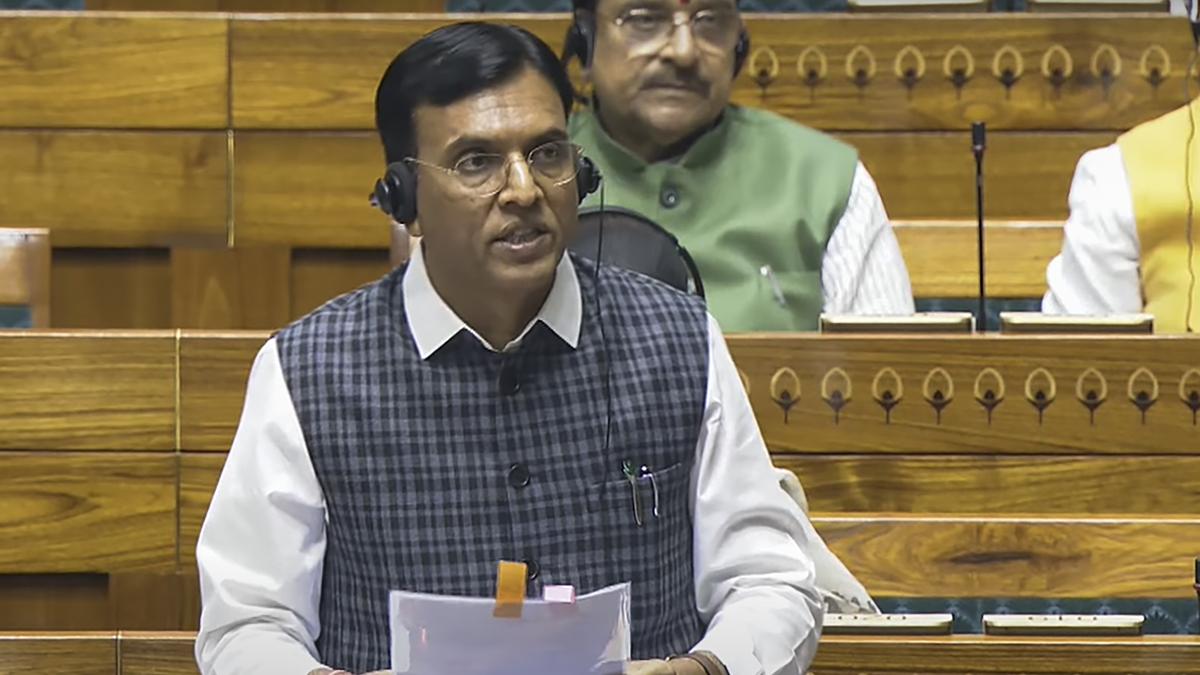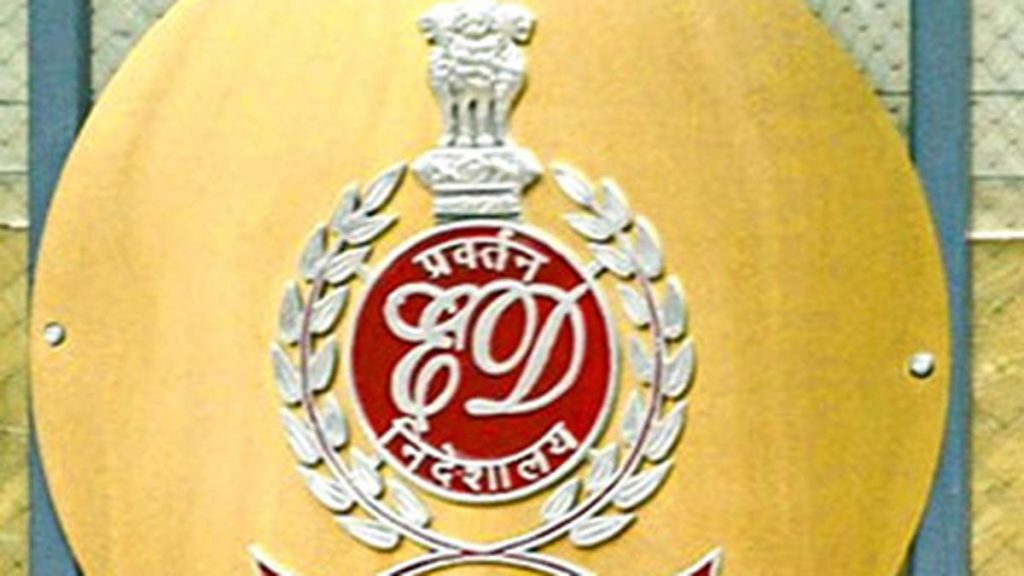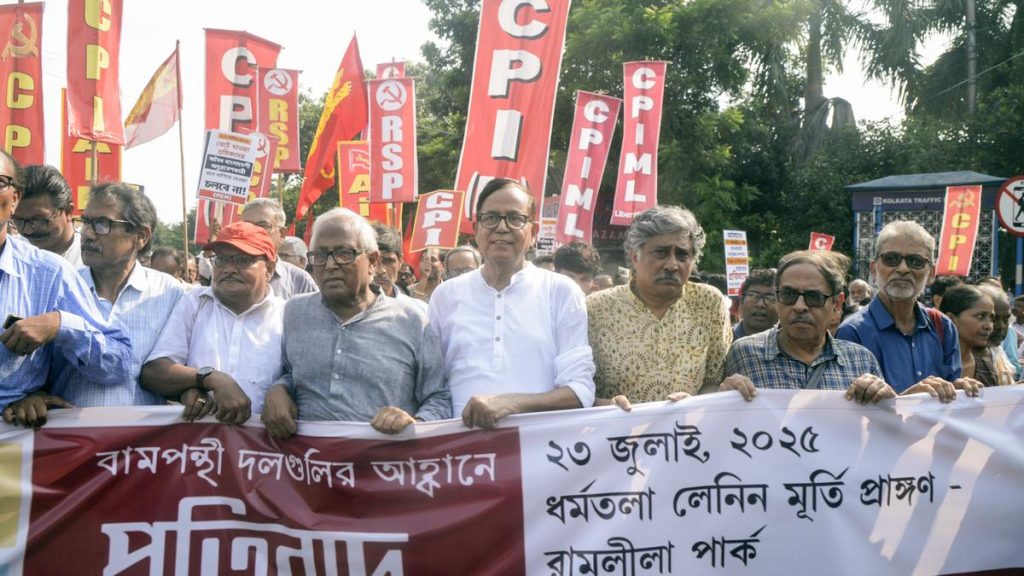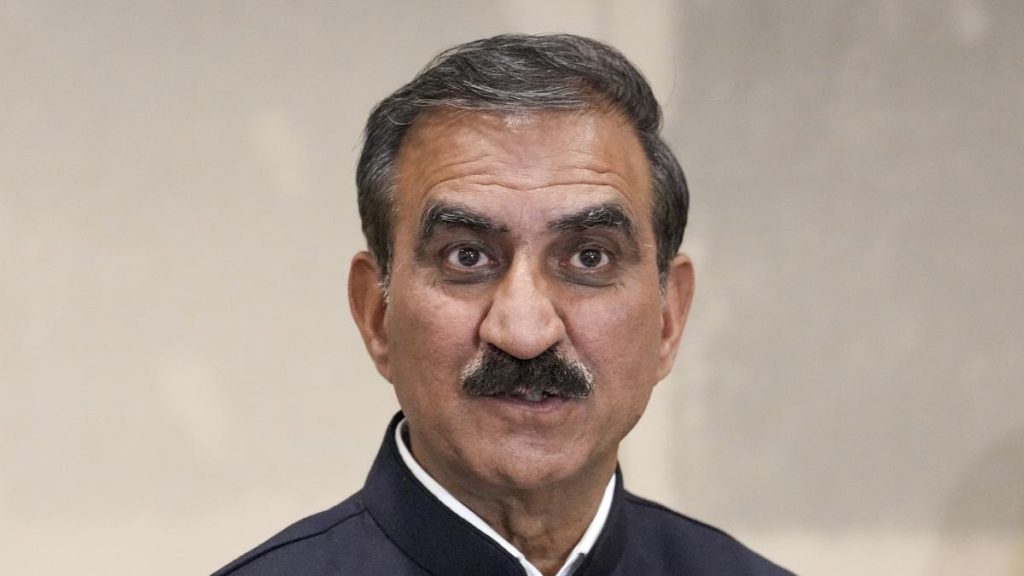Now Reading: Mandaviya Unveils Sports Governance Bill to Enhance Transparency in NSFs, Including BCCI
-
01
Mandaviya Unveils Sports Governance Bill to Enhance Transparency in NSFs, Including BCCI
Mandaviya Unveils Sports Governance Bill to Enhance Transparency in NSFs, Including BCCI

rapid Summary
- Introduction of national Sports Governance bill: Sports Minister Mansukh Mandaviya introduced the National Sports Governance Bill in Lok Sabha,proposing a National Sports Board (NSB) to oversee the functioning of sports federations,including BCCI.
- Key Features of the Bill:
– Creation of NSB with sweeping oversight powers. NSFs must secure NSB recognition for central government funding.
– Establishment of a National Sports Tribunal with civil court powers; decisions can only be challenged in the Supreme Court.
– age cap for administrators set at 70-75, subject to international body guidelines, diverging from the previous limit of 70 under national codes.
– All recognised national sports bodies brought under RTI Act compliance requirements.
- Statement of Objectives: Aims to improve governance and international sporting results, with reforms linked to India’s bid for the Summer Olympics in 2036.
- Provisions and Composition:
– NSB’s members will have expertise in public governance and sports governance; appointments based on recommendations from a search-cum-selection committee.
– Clause enables de-recognition or sanctions against federations failing statutory duties like elections or misuse of funds.
- Opposition by BCCI: The cricket board has expressed concerns over its inclusion under this bill due to its autonomy but indicated that consultations with stakeholders will determine actions moving forward.
- Additional Amendments Proposed (Anti-Doping): Amendments made to address World Anti-Doping Agency’s (WADA) concerns about government interference by limiting oversight responsibilities over NADA within India’s anti-doping framework.
Indian Opinion Analysis
The introduction of the National Sports Governance Bill represents an ambitious attempt by India to overhaul its sports management system while aligning domestic practices with global standards. by introducing stricter rules on accountability and placing all national bodies under clarity regulations such as RTI compliance, these measures promise stronger integrity within Indian sports administration. However, this could pose challenges for autonomous organizations like BCCI that operate independently from government funding structures while potentially facing resistance due to fears over increased centralization.
The establishment of mechanisms like the Tribunal may reduce litigation delays involving athletes and federations-potentially improving trust among stakeholders-but success depends on effective implementation without bureaucratic bottlenecks. With explicit links drawn between these reforms and India’s pursuit of hosting rights for major global events like the Olympics in 2036,cohesive execution becomes critical not just domestically but also as part of projecting India as a credible global player in sports governance reform dialogues.
























